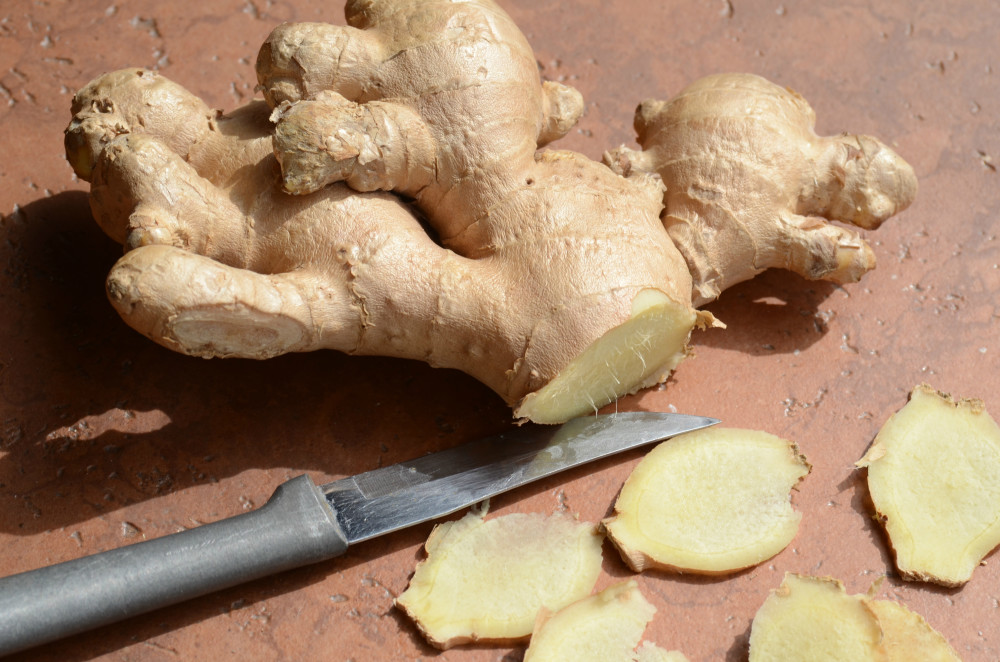The link between stress and hair regrowth
On the adult scalp, there are roughly 100,000 hair follicles (although, this number may vary based on hair color). Each hair follicle alternates between growing and resting. At any one time, the majority of these hair follicles are in the anagen (growth) phase. Hair is shed when the hair follicle enters the telogen, or resting, phase. A trigger triggers a quick, aberrant transition of hairs into the telogen phase all at once during an incident of telogen effluvium. Is there a plausible cause for this abrupt shift? There is a lot of emotional strain.
What constitutes a significant amount of emotional stress for hair loss?
Consider a huge, traumatic life event (i.e., loss of a loved one or divorce). While a single poor day at work is unlikely to fit this criterion, severe and chronic stress caused by the Covid-19 pandemic, for example, could.
To investigate the link between significant stress and hair loss, researchers experimentally subjected mice to sound stress (a type of psychosocial stress) and discovered that it resulted in the early termination of anagen, or the hair cycle’s growth phase. Stress interrupts the regular cycling of the hair follicle, which can lead to hair loss, according to this study.
It’s true that stress can promote hair loss, as you may have heard. While the first two reasons of hair loss are genetically determined, hair loss caused by stress is induced by the environment and may be controlled more readily if the stress is managed.
Excessive physical or emotional stress, such as that experienced as a result of an injury, illness, or surgery, can result in one of two types of hair loss:
Alopecia areata is a type of stress-related hair loss in which white blood cells attack the hair follicles. Hair falls out in weeks (typically in patches) with this form of hair loss, although it can affect the entire scalp and even body hair. Hair may regrow on its own, but it may also require treatment. 4
Telogen effluvium: In this less severe type of hair loss, the hair stops growing and remains dormant for two or three months before falling out. After that, it grows back in 6 to 9 months.
Trichotillomania is a condition in which a person develops a
It could be an indication of trichotillomania if you’ve ever found yourself pulling your hair out when you’re anxious or agitated. People with this psychiatric illness cope with negative feelings such as stress and anxiety by removing hair off their scalps, faces, and other body parts. It’s more common among adolescent females.
Stress and Hair Loss: What Can You Do?
Pregnancy, chronic illness, injuries, relationship troubles, financial problems, poor diet, surgery, antidepressant medicines, and even jet lag are all examples of stressful events that can cause hair loss. Try these ways to relieve stress and protect your hair:
- Learn and use relaxation techniques on a regular basis (such as deep breathing, meditation, or yoga).
- Exercise on a regular basis to help manage stress and its effects.
- Spend time with individuals who are upbeat – isolating oneself can exacerbate stress.
- Seek the assistance of a therapist.
- If your doctor suggests it, eat a healthy diet and take a multivitamin.
- When washing, drying, and styling your hair, be gentle.
Stress-related hair loss does not have to be permanent. If the problem persists, consult a doctor about a prescription or over-the-counter treatment to stimulate hair growth.

